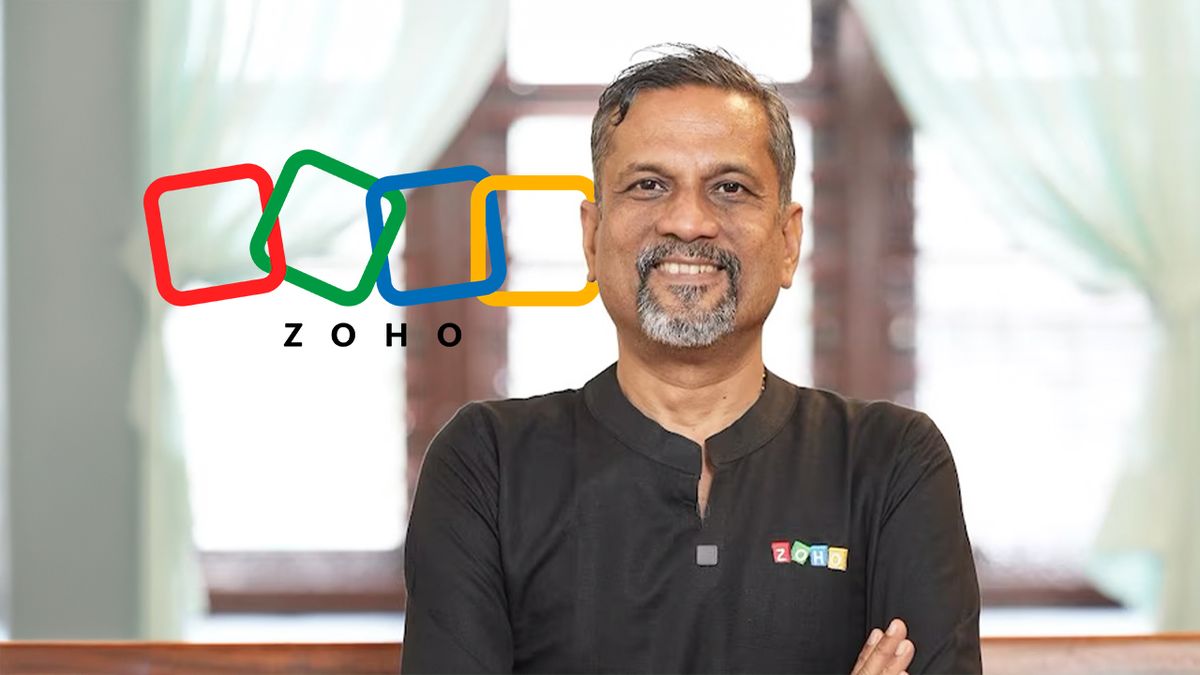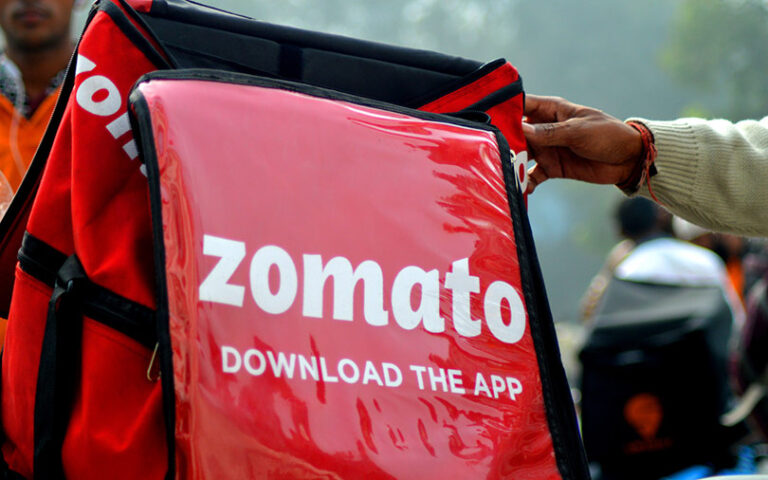
In a world where venture capital-backed startups, billion-dollar valuations, and Silicon Valley sheen prevail, Sridhar Vembu’s tale is different—a true story of perseverance, foresight, and values. As the co-founder and CEO of Zoho Corporation, Sridhar Vembu has not just created a worldwide SaaS (Software as a Service) behemoth but has also redefined what it is to be a tech leader from the Global South.
Welcome to The Zoho Way—a vision guided by rural origins, ceaseless innovation, and a profound passion for self-sufficiency.
Humble Beginnings: The Seeds of a Vision
Growing up in a small Tamil Nadu village in India, Sridhar Vembu’s childhood was worlds away from the high-tech boardrooms. He studied at IIT Madras, and then earned his Ph.D. at Princeton University in Electrical Engineering. Like many of the talented minds of his generation, he first worked in Silicon Valley.
But soon enough, Vembu came to see that the true power was not in pursuing traditional tech stardom, but in creating something meaningful—his way.
The Birth of Zoho: Building Without Investors
In 1996, Sridhar and his brothers started AdventNet, which would eventually become Zoho Corporation. Zoho was different from day one. While the rest of the technology world was scrambling to raise money, Zoho took a different route: no venture capital, no outside pressure, and total independence.
This bootstrapped strategy enabled Zoho to concentrate on what was most important—developing world-class software at a reasonable price, with millions of users without sacrificing values or control.
The Philosophy: People Over Profits, Purpose Over Hype
Central to Zoho’s vision is an entrenched philosophy of long-term thinking and human potential. Vembu went ahead to establish the Zoho Schools of Learning, a program which educates children from rural and underprivileged sections—often with no college degree—into able software professionals.
“Why waste talent just because someone couldn’t afford a college degree?” — Sridhar Vembu
Zoho’s headquarters, in the rural town of Tenkasi in southern India, is yet another potent symbol of this philosophy. Instead of trailing the urban-biased tech herd, Vembu decided to generate employment where people reside, not make people relocate for opportunities.
Global Impact, Local Roots
Now, Zoho competes against giants such as Microsoft, Salesforce, and Google in the enterprise software market—providing a collection of 50+ applications utilized by more than 100 million users across the globe. Yet, Zoho is still unapologetically independent, privately owned, and firmly planted in Indian soil.
Its decentralized approach not only saves it operational expenses but also shows an executable model for filling the rural-urban digital gap—a playbook that can be replicated by developing nations across the globe.
Redefining Success in the Tech Industry
Sridhar Vembu defies all conventions of what success in tech looks like:
– No high-gloss offices.
– No IPOs or billion-dollar fundraises.
No elite-hire-only policies, either.
Zoho, however, succeeds through understated brilliance, homegrown talent, and sustainable growth.
While others pursue “unicorn” status, Vembu proves that a company can be profitable, impactful, and innovative—without sacrificing its soul.
Last Word: The Legacy of a Visionary
Sridhar Vembu’s tale is more than a business case study. It’s a call to question our definitions of success, leadership, and progress.
Where the world has gone mad for speed, Zoho goes slow. Where the world is obsessed with valuations, Zoho is obsessed with values. That’s the core of The Zoho Way—a path forged by vision, integrity, and the courage to be different.



